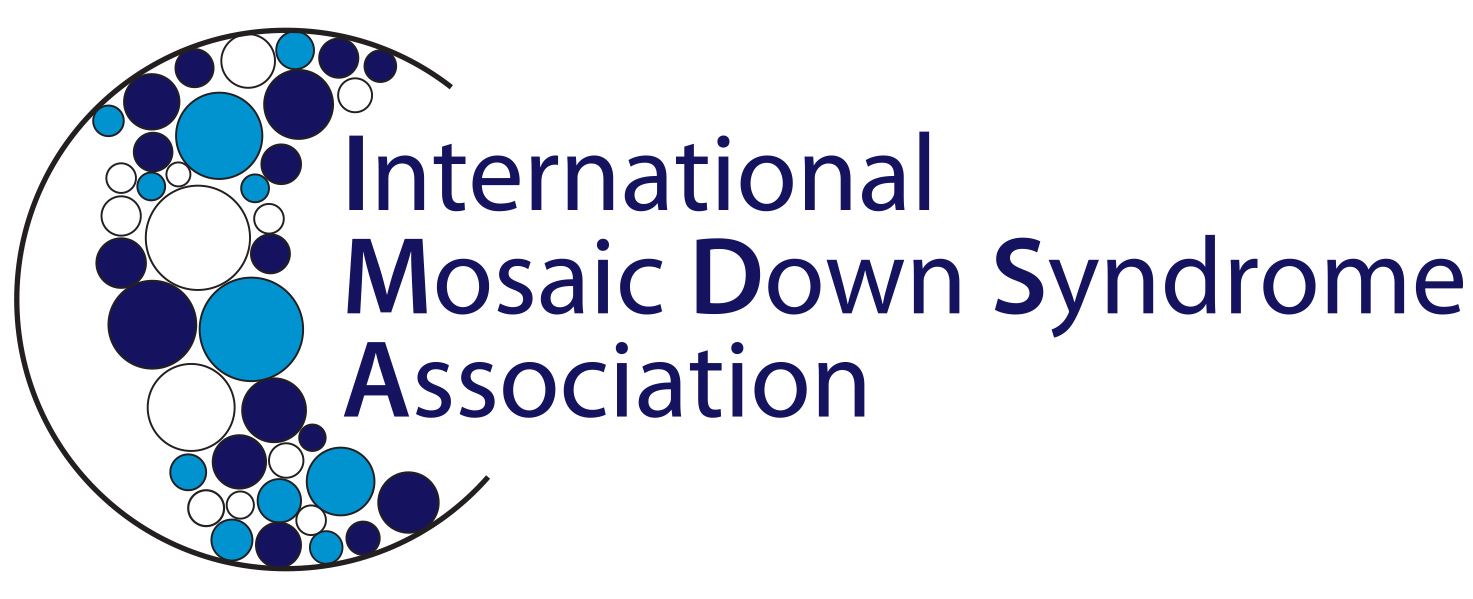Help Fund IMDSA Research
You
might be asking yourself, What can I do to support IMDSA? How can I
fundraise for IMDSA? You can start by reading about IMDSA member Roxanne Batezel's 2022 fundraising efforts that began 10 years ago to coincide with
World Down Syndrome Awareness Day. Roxanne lives in
Colorado, with her husband and her two sons, Tony and Rob. Rob is a 32
year old self-advocate born with mosiac Down Syndrome. Meet Rob in our
June Newsletter.
Why fundraise for IMDSA?
Your
child may have been diagnosed with mosaic Down Syndrome or you have a
family member that was born with the condition. Like many families
searching for answers and support, you've found IMDSA and suddenly your
world starts to make better sense. Now that you're connected to people
experiencing what you've experienced, you want to help other families
and people born with mDS find the support they need and access to
research that is vital to their health and well being. IMDSA is a small
organization that relies on a volunteer board and geographically
dispersed members to spread the word about mosaic Down Syndrome.
Grassroots fundraising efforts like those of IMDSA member Roxanne
Batezel, not only raise money to continue mDS research and other great
programming, they raise awareness among your friends and local community
about the condition known as mosaic Down Syndrome.
Why is research so important to our community?
Families frequently contact IMDSA with questions about their child who is demonstrating developmental delays, and/or some physical characteristics consistent with Down syndrome. Sometimes it can be hard for families to obtain an accurate diagnosis, and therefore they do not qualify for vital therapies, services and support systems. An accurate diagnosis of mosaic Down syndrome is vital because it provides a greater understanding of the health and learning challenges that an individual may experience, but more importantly, it allows access to the services necessary for the individual with mosaic Down syndrome to thrive and to ensure potential health risks are monitored.
The Cryptic Mosaicism Research Study conducted by Dr. Colleen Jackson-Cook and her team, from Virginia Commonwealth University in partnership with IMDSA improves the detection process and diagnosis of mosaic Down syndrome so that families, teachers, and doctors are empowered with more information about the condition and have better access to appropriate treatment and support.
People with mosaic Down syndrome can develop the same medical conditions as those individuals with Down syndrome including risks for heart problems, hypothyroidism, epilepsy, leukemia, digestive problems, mental and emotional problems, cognitive and social delays. Therefore, individuals without a diagnosis are at significant risk of not receiving the recommended medical attention advised for an individual with mosaic Down syndrome.
How can I get started fundraising for IMDSA?
